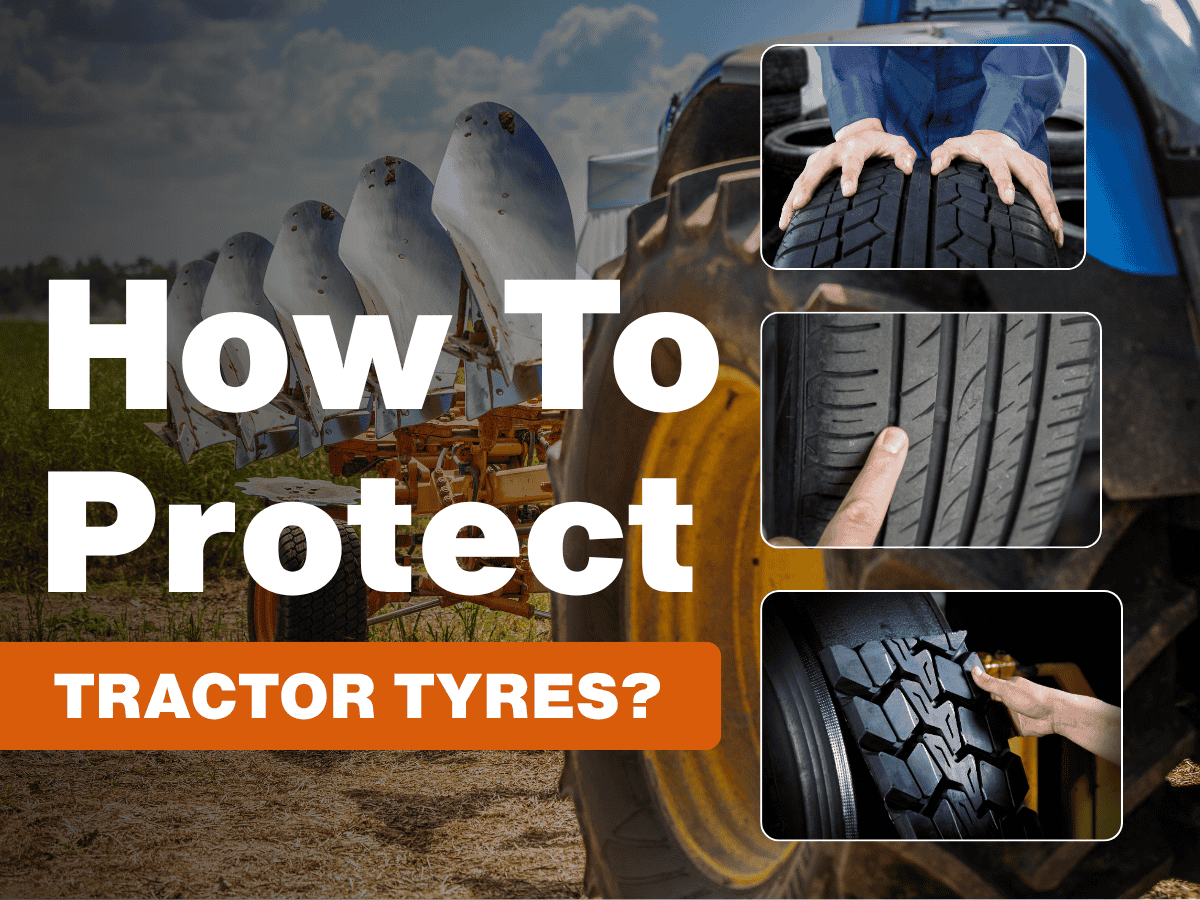ceat-speciality:blogs-tags/all,ceat-speciality:blogs-tags/tyre-care
How underinflated trailer tyres can lead to premature wear
Tue, 31 May 2022 | PRODUCTS
Some trailers are in operation daily, while others – those for grain or grass haulage, for example – may only be used seasonally. But whether a trailer is worked every day or for perhaps only a few weeks each year, loss of pressure – or underinflation in the first place – can cause multiple problems that will shorten the trailer tyre’s life. That will lead you back to your trailer tyre dealer and trailer tyre price lists – or to searching the internet for ‘trailer tyres for sale’ or ‘trailer tyres near me’ – long before it should be necessary.
The fact that the wheels on most trailers – except for those few equipped with driven axles – are not powered, and are therefore not directly turning fuel into traction, means they can sometimes be overlooked when it comes to regular servicing requirements. But trailer wheels and trailer tyres need the same level of attention as that given to those on the tractor if they are to perform safely and effectively. Checks for wheel nut tightness and trailer tyre inflation pressure must be part of a daily checklist whenever a trailer is in use.
Loss of trailer tyre pressure, or failure in the first place to inflate trailer tyres to the correct pressure as recommended by the trailer tyre manufacturer, can have multiple consequences that can have detrimental effects on trailer tyres’ safety and lifespan. Perhaps the most serious is the potential for the bead of the trailer tyre to become unseated and to slip against the wheel rim. The least severe consequence of this will be damaged trailer tyre sidewalls, leading to deformation of the trailer tyre, carcase damage and the need for immediate replacement. In the worst case scenario, it could lead to the trailer tyre becoming detached from the wheel rim, putting the load at risk of spillage, the trailer at risk of damage and potentially injuring other road users should the trailer become unstable and/or the trailer tyre detach from the rim.
But there are other potential problems caused by even minor under-inflation of trailer tyres. Under-inflation places additional load on the trailer tyre sidewalls, because they take more of the trailer’s weight as the centre deflates and the shoulders and sidewalls then bear a greater part of the load than intended. The additional forces this creates can place the sidewalls under great strain, leading to them flexing and potentially cracking.
The shoulders of underinflated trailer tyres will bear more load than the centre, so they too come under greater stress, and will wear faster than the central circumference of the tyre tread. Even if the overall integrity of the trailer tyre is sustained despite operating under pressure, this uneven wear will compromise the trailer tyre’s behaviour, particularly on the road where the trailer’s braking efficacy may be compromised.
All of these factors can result in premature failure of trailer tyres, meaning that at best they need replacing before time, or at worst may cause an accident. Trailer tyre pressures, along with those on the tractor, should therefore be checked daily during sustained periods of use, and also when a trailer is brought back into service after not being used for some time. Ensuring your trailer tyres are always operating at the correct pressures will minimise the risk of premature wear, and maximise the time before you next find yourself having to look for replacements by searching the internet for ‘trailer tyres for sale’ or ‘trailer tyres near me’, or looking through trailer tyres’ price lists.































































































































